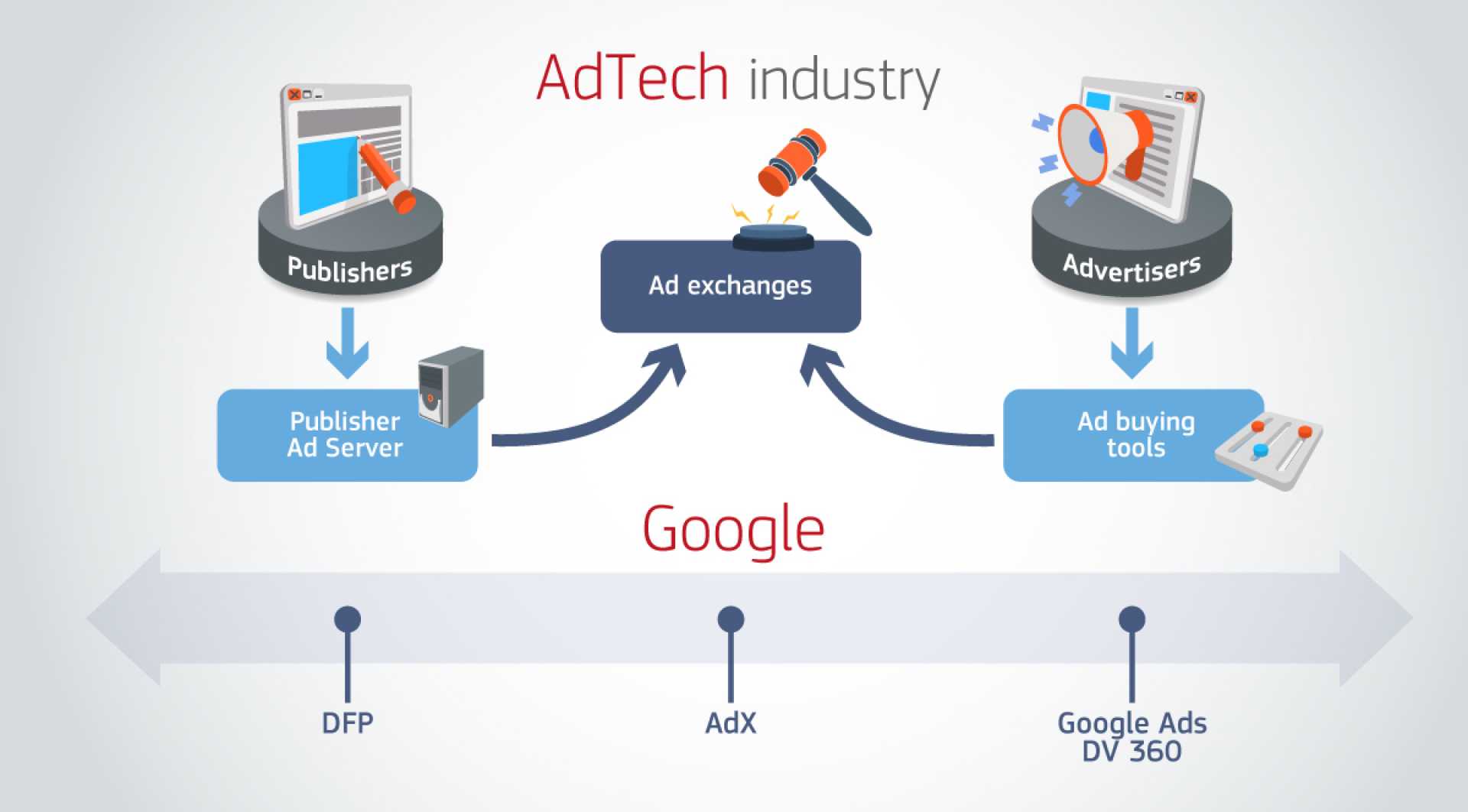Business
European Commission Demands Google Breakup; Google Refuses

BRUSSELS — The European Commission is urging Google to break up its ad tech operations, but Google has officially refused. Instead, the company has responded to a significant antitrust decision handed down by the Commission last month with proposals for changes to its products and technical operations.
The European Commission, responsible for enforcing competition policies in the EU, ruled that Google holds an “inherent conflict of interest” due to its extensive dominance in online advertising. This ruling was instigated by concerns over Google’s control of substantial advertising infrastructure.
A Commission spokesperson stated on Friday that they have received Google’s proposals and will begin evaluating them. Critics, including Angela Mills Wade, executive director of the European Publishers Council, argue that Google’s suggested adjustments will not sufficiently alter its control over ad tech tools. “Without structural change, Google will continue to own and control the tools and data flows that determine the terms of trade for the entire digital advertising ecosystem,” Wade said.
Google, part of Alphabet Inc., which is valued at $3.4 trillion, has faced multiple EU fines for purportedly abusing its market clout. As part of ongoing efforts under the EU’s Digital Markets Act, Google has also been scrutinized for other antitrust issues.
On Thursday, the Commission initiated an investigation into Google’s alleged demotion of certain content on news websites. Google’s new proposals include giving publishers more power to set prices and making ad tech tools more interoperable, aiming to satisfy the Commission’s requirements while avoiding a business breakup.
News publishers in Europe and the U.S. have voiced concerns about their reliance on Google for ad management, which they claim increases operational costs. These grievances escalated in the early 2020s, prompting antitrust probes by U.S. and EU authorities.
The September Commission ruling made it clear that the only way to resolve its concerns regarding competition was through Google’s relinquishment of control over its market-leading ad tech systems. Google’s recent proposals are seen as similar to those put forward in a U.S. court case, where it faces antitrust allegations as well.
Experts believe that while the Commission traditionally avoids imposing structural remedies, this case may lead to significant changes. Max von Thun of the Open Markets Institute asserted, “The only credible solution is a forced divestment of part of Google’s advertising business – anything else is just window dressing.” He noted that previous commitments made by Google had failed to effectively address competition issues.












